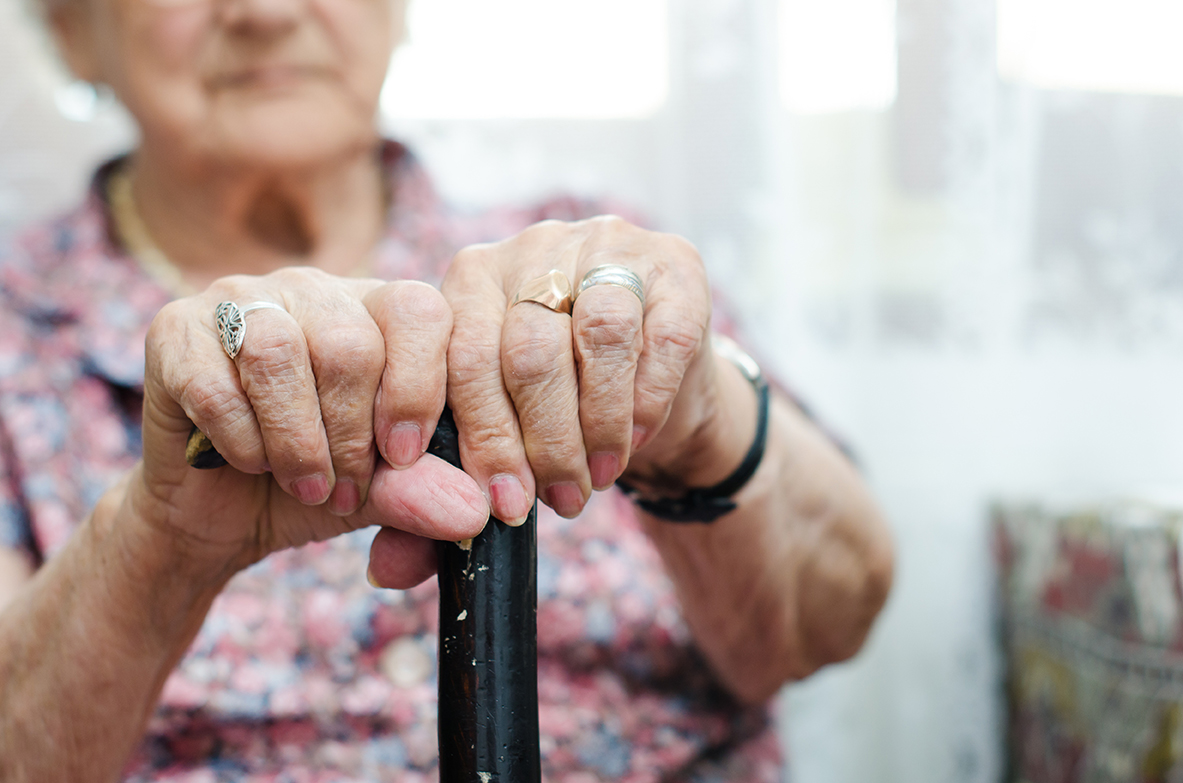
Gout is a form of arthritis that often takes people by surprise with its abrupt and excruciating joint pain. This condition occurs when uric acid crystals accumulate in the joints, resulting in intense discomfort and inflammation. In this article, we will delve into what gout is, its causes, symptoms, diagnosis, and approaches for effective management.
Understanding gout:
Gout is a type of inflammatory arthritis that arises due to the buildup of uric acid in the bloodstream, a condition known as hyperuricemia. When uric acid levels become excessively high, urate crystals can form and deposit in the joints, leading to gout attacks.
Causes and risk factors:
Find YOUR ideal care home NOW!
Several factors can contribute to the development of gout:
-
Diet: Consuming purine-rich foods, like red meat, seafood, and alcoholic beverages, can increase uric acid levels.
-
Genetics: Family history may play a role in gout development.
-
Medical conditions: Conditions like obesity, high blood pressure, and kidney disease are associated with a higher risk of gout.
-
Medications: Certain medications, such as diuretics, can raise uric acid levels.
Symptoms and diagnosis:
Gout typically manifests with the following symptoms:
- Sudden and severe joint pain, often affecting the big toe, but it can also impact other joints.
- Swelling and redness in the affected joint.
- Limited joint mobility.
- Warmth and tenderness in the joint area.
To diagnose gout, healthcare providers may perform tests like joint fluid analysis, which can identify the presence of urate crystals in joint fluid samples. Blood tests may also be conducted to measure uric acid levels.
Treatment and management:
Managing gout involves both acute attack treatment and long-term prevention:
-
Medications: Nonsteroidal anti-inflammatory drugs (NSAIDs), colchicine, and corticosteroids can help manage pain and inflammation during gout attacks.
-
Lifestyle modifications: Avoiding purine-rich foods and alcohol, staying hydrated, and maintaining a healthy weight can help prevent gout attacks.
-
Medications for prevention: For individuals with recurrent gout attacks, medications that lower uric acid levels, such as allopurinol, may be prescribed.
-
Rest and elevation: During an acute attack, keeping the affected joint elevated and at rest can alleviate symptoms.
Effective Strategies for Managing Gout
| Management Strategy | How It Works | Effectiveness |
|---|---|---|
| NSAIDs | Nonsteroidal anti-inflammatory drugs help reduce pain and inflammation. | Effective for acute gout attacks but should be used under medical supervision. |
| Colchicine | Reduces swelling and minimizes gout attack severity. | Works best when taken at the first sign of an attack. |
| Allopurinol | Lowers uric acid levels to prevent future attacks. | Recommended for individuals with recurrent gout episodes. |
| Lifestyle Changes | Reduces purine-rich food intake, stays hydrated, and maintains a healthy weight. | Long-term solution to prevent gout flare-ups. |
| Rest & Elevation | Keeping the affected joint elevated and resting during an attack. | Provides immediate relief and reduces swelling. |
FAQ:
1. What is gout?
Gout is a type of inflammatory arthritis caused by high uric acid levels, leading to urate crystal buildup in the joints.
2. What are the main symptoms of gout?
Sudden, severe joint pain, redness, swelling, and tenderness, often in the big toe but can affect other joints.
3. What foods should I avoid if I have gout?
Limit red meat, seafood, alcohol, sugary drinks, and high-purine foods to prevent flare-ups.
4. Can gout be cured?
There is no cure, but with medication and lifestyle changes, gout can be effectively managed.
5. How is gout diagnosed?
Doctors may perform a joint fluid analysis, blood tests, and imaging scans to confirm uric acid crystal deposits.
6. What medications help with gout attacks?
NSAIDs, colchicine, and corticosteroids can relieve acute attacks, while allopurinol helps prevent future episodes.
7. Is gout linked to kidney disease?
Yes, kidney disease can affect uric acid excretion, increasing the risk of gout.
8. How does hydration help with gout?
Drinking plenty of water helps flush excess uric acid from the body, reducing the likelihood of crystal formation.
9. Can weight loss help manage gout?
Yes, maintaining a healthy weight reduces uric acid levels and decreases joint pressure.
10. When should I see a doctor for gout?
If you experience frequent attacks, persistent joint pain, or have other risk factors, seek medical advice for a treatment plan.
In conclusion, gout is a painful form of arthritis caused by the buildup of uric acid crystals in the joints, resulting in sudden and severe joint pain. Understanding its causes, symptoms, and available treatments is crucial for individuals affected by this condition. By adopting lifestyle modifications and seeking early treatment, individuals can effectively manage gout, reduce the frequency of attacks, and improve their overall quality of life.
Need help finding a care home?
Senior Home Plus offers free personalized guidance to help you find a care facility that suits your health needs, budget, and preferred location in the UK.
Call us at 0203 608 0055 to get expert assistance today.
Do you need a care home for yourself or your loved one?
Share this article :
Latest posts
You are looking for an establishment for your loved one ?
Get availability & prices
Fill in this form and receive
all the essential information
We would like to inform you of the existence of the opposition list for telephone canvassing.











